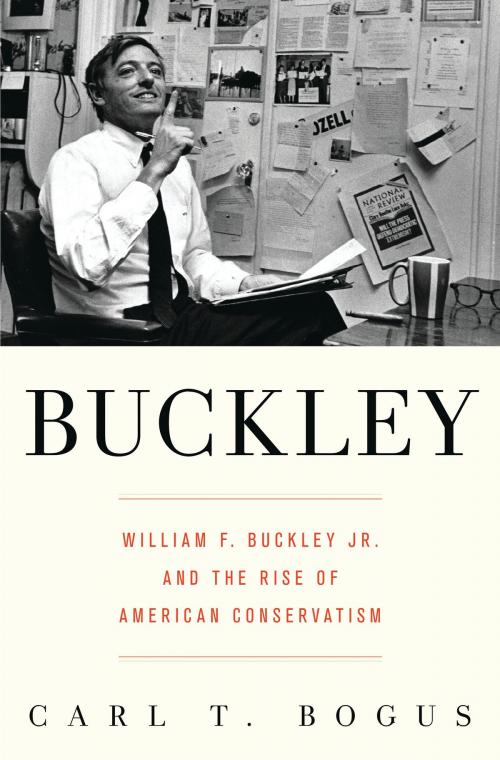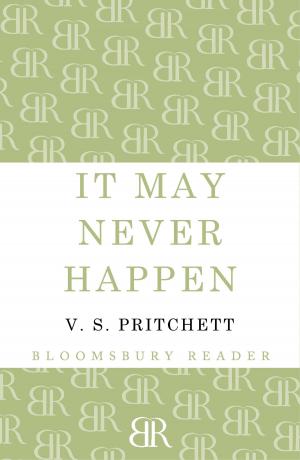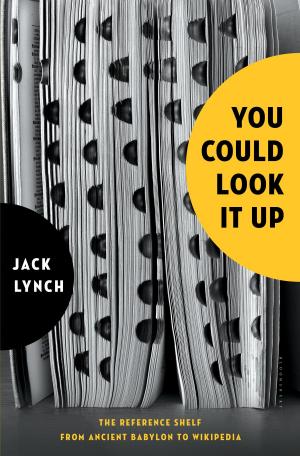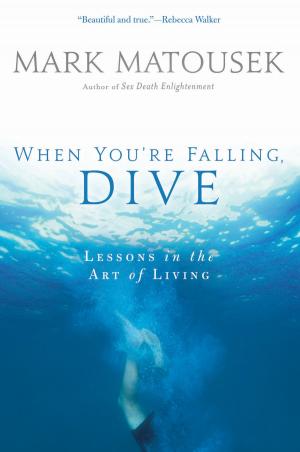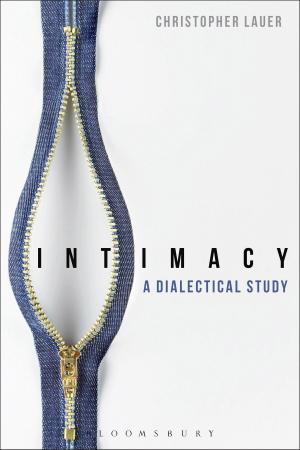Buckley
William F. Buckley Jr. and the Rise of American Conservatism
Biography & Memoir, Political, Nonfiction, Social & Cultural Studies, Political Science, History| Author: | Carl T. Bogus | ISBN: | 9781608193554 |
| Publisher: | Bloomsbury Publishing | Publication: | November 1, 2011 |
| Imprint: | Bloomsbury Press | Language: | English |
| Author: | Carl T. Bogus |
| ISBN: | 9781608193554 |
| Publisher: | Bloomsbury Publishing |
| Publication: | November 1, 2011 |
| Imprint: | Bloomsbury Press |
| Language: | English |
"This is an insightful book that will please anyone interested in midcentury American history and politics. Anyone serious about political philosophy will learn from it. Highly recommended.†? -Library Journal (starred review)
William F. Buckley Jr. was the foremost architect of the conservative movement that transformed American politics between the 1960s and the end of the century. When Buckley launched National Review in 1955, conservatism was a beleaguered, fringe segment of the Republican Party. Three decades later Ronald Reagan-who credited National Review with shaping his beliefs-was in the White House. Buckley and his allies devised a new-model conservatism that replaced traditional ideals of Edmund Burke with a passionate belief in the free market; religious faith; and an aggressive stance on foreign policy.
Buckley's TV show, Firing Line, and his campaign for mayor of New York City made him a celebrity; his wit and zest for combat made conservatism fun. But Buckley was far more than a controversialist. Deploying his uncommon charm, shrewdly recruiting allies, quashing ideological competitors, and refusing to compromise on core principles, he almost single-handedly transformed conservatism from a set of retrograde attitudes into a revolutionary force.
"This is an insightful book that will please anyone interested in midcentury American history and politics. Anyone serious about political philosophy will learn from it. Highly recommended.†? -Library Journal (starred review)
William F. Buckley Jr. was the foremost architect of the conservative movement that transformed American politics between the 1960s and the end of the century. When Buckley launched National Review in 1955, conservatism was a beleaguered, fringe segment of the Republican Party. Three decades later Ronald Reagan-who credited National Review with shaping his beliefs-was in the White House. Buckley and his allies devised a new-model conservatism that replaced traditional ideals of Edmund Burke with a passionate belief in the free market; religious faith; and an aggressive stance on foreign policy.
Buckley's TV show, Firing Line, and his campaign for mayor of New York City made him a celebrity; his wit and zest for combat made conservatism fun. But Buckley was far more than a controversialist. Deploying his uncommon charm, shrewdly recruiting allies, quashing ideological competitors, and refusing to compromise on core principles, he almost single-handedly transformed conservatism from a set of retrograde attitudes into a revolutionary force.
